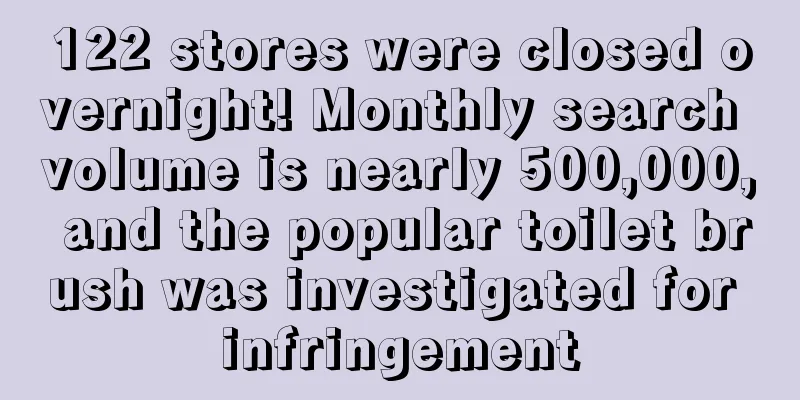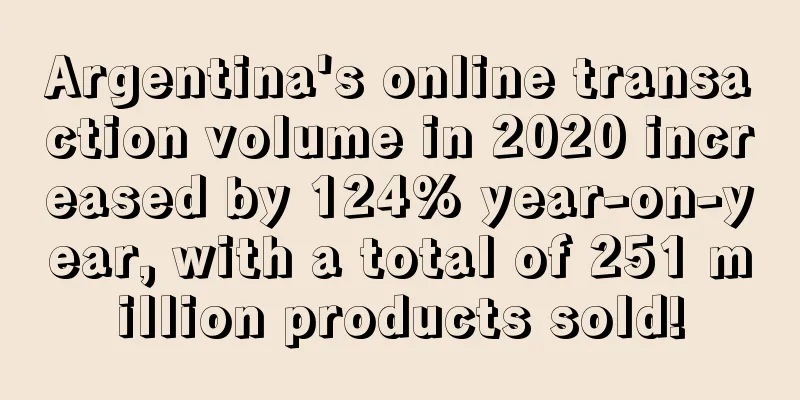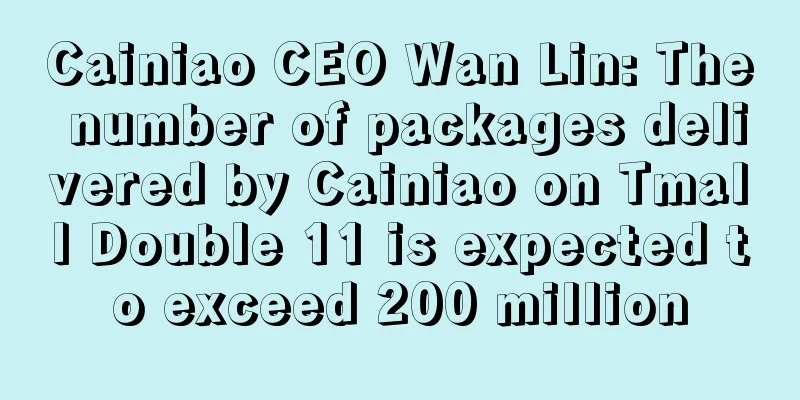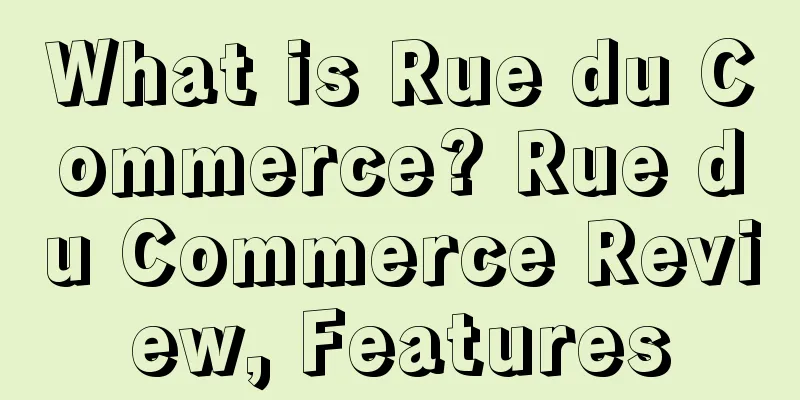Are fakes prevalent in the European market? The EU provides trademark subsidies for small and medium-sized enterprises

|
With the booming development of the European e-commerce market, a large number of counterfeit goods have taken advantage of the situation and entered the market. The European Union recently formulated an "innovation-driven business plan" to help small and medium-sized enterprises improve their market competitiveness.
According to Eurostat, more than 70% of Europeans shop online in 2020, but it is difficult to distinguish between genuine and fake products on the market, with nearly one in ten Europeans claiming they have bought fakes. A survey by the European Union Intellectual Property Office (EUIPO) also shows that counterfeit products are prevalent in almost all industries, and consumers are facing increasing safety risks.
Among them, the countries with the highest proportion of being misled are Bulgaria ( 19%), Romania (16%) and Hungary (15%). Ireland is far higher than the EU average, reaching 13%. In contrast, Sweden (2%) and Denmark (3%) are the lowest in the EU.
According to statistics, counterfeit products account for 6.8% of the EU's total imports of 121 billion euros.
Intellectual property crime is a long-standing problem in the EU. This problem has been magnified during the pandemic, such as counterfeit masks and personal protective equipment, which are seriously related to people's lives and health. So it has recently received renewed attention and become one of the top ten priorities in the fight against organized crime.
The best way to combat counterfeit goods is to register intellectual property rights, and for sellers, it is trademark rights, which can greatly reduce counterfeits. Even if they are counterfeited, they can protect their rights through legal means.
Christian Archambeau, executive director of the EUIPO, also said in a statement: "Intellectual property is one of Europe's most valuable assets and a key factor in social and economic recovery, especially for small businesses." In the EU, less than 9% of small and medium-sized enterprises have registered intellectual property rights.
To this end, the European Intellectual Property Office and the European Commission, as well as the intellectual property offices of each member state, have jointly launched the "Creativity Driven Business Plan", which includes a 20 million euro fund for small and medium-sized enterprises to help improve their competitiveness in the market. For example, intellectual property evaluation services are provided, and a 50% subsidy can be applied for trademarks and designs.
Whether buyers or sellers, they should consciously resist counterfeit goods and create a healthy market environment. Europe Infringement |
<<: Boohoo's sales in the latest quarter increased by 32% to £486.1 million
Recommend
More than 60 lean tools were unveiled, and SHEIN's flexible lean innovation continued to help the upgrading of clothing manufacturing
Smart production templates that make the seams of...
What is Realogics? Realogics Review, Features
Since its establishment in 2006, Realogics has dev...
What is Cape Analytics? Cape Analytics Review, Features
Cape Analytics , a developer of an AI-powered aut...
What is Tinh Tinh? Tinh Tinh Review, Features
Tinh Tinh is an e-commerce platform launched by Ca...
A large number of operators are considering switching platforms
Job hunting season is also a season of confusion!...
What is smartdevice? smartdevice Review, Features
smartdevice is the way to shop online in Pakistan....
There has been another update to Amazon’s backend, which has been unanimously complained by sellers!
Is Amazon creating problems for sellers again? Am...
What is Peach & Lily? Peach & Lily Review, Features
Founded in 2012 by Alicia Yoon, Peach & Lily ...
eBay launches "Star Plan", a new product pre-sale model to help Chinese brands launch new products overseas
On August 24, 2021 , the new eBay " Chuange ...
Amazon's new California law passes quota for employees
The California Senate passed a bill on Wednesday ...
What is Prisma Medios de Pago? Prisma Medios de Pago Review, Features
Prisma Medios de Pago is the leading payments com...
The average daily search volume exceeds 30,000, and the number of comments is over 10,000. The octopus fan is popular
A few days ago, the high temperature in the Unite...
What is Digital River? Digital River Review, Features
Digital River is a privately held company that pro...
What is Red Wing? Red Wing Review, Features
Red Wing is a shoe brand founded by Charles Batema...
What is Universal Union? Universal Union Review, Features
Wanguo Youlian is a professional logistics compan...









